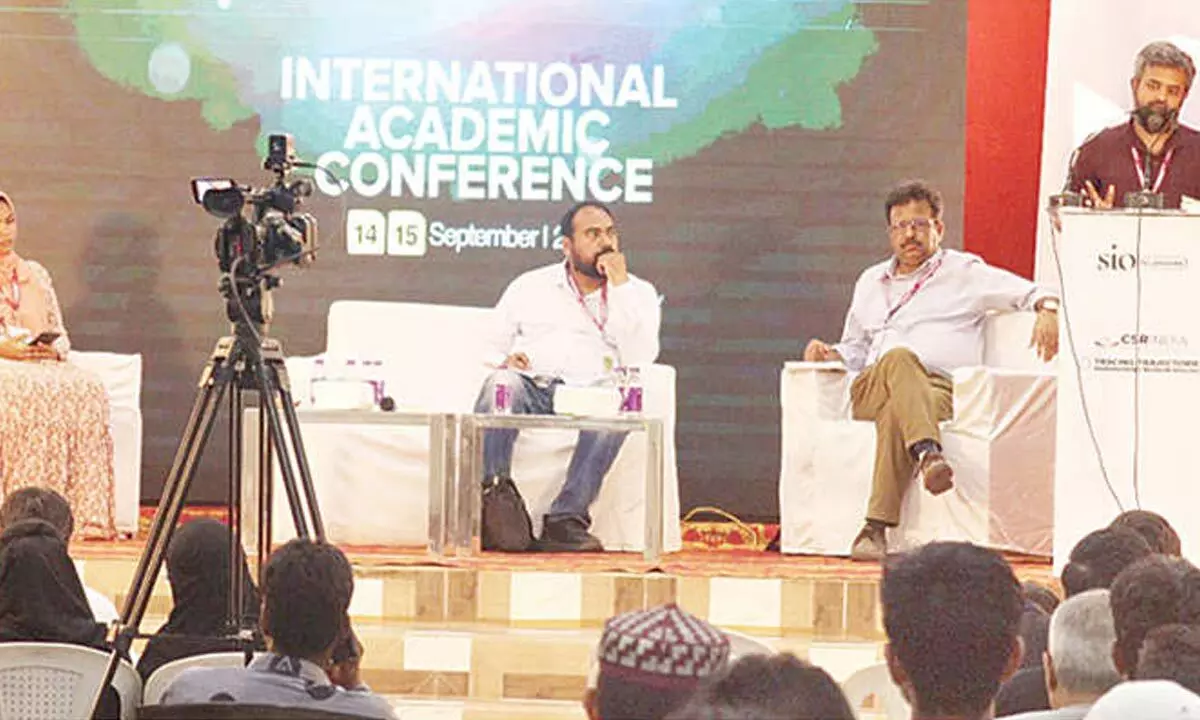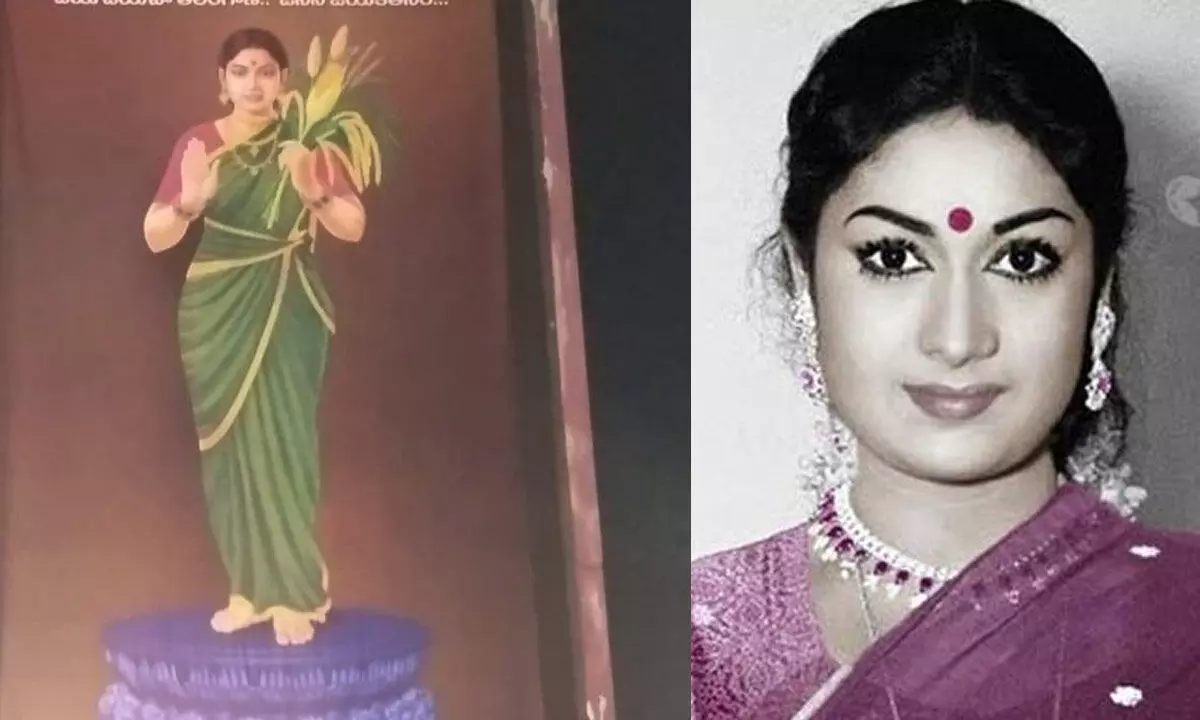Hyderabad: A two-day International Academic Conference titled “Reimagining Muslim Politics” was held in the city, aiming to encourage critical thinking and intellectual discussions among scholars, activists, and policymakers from around the world.
On the second day of the conference, discussions focused on Muslim political identity, representation, and agency in today’s world. Participants explored the challenges faced by Muslim communities and discussed ways to create a more just, inclusive, and fair future for them.
Sadatullah Hussaini, the Ameer-e-Jamaat, spoke about the political future of Muslims in India. He examined the historical and current contexts of Muslim politics in the country, emphasizing the importance of identity, representation, and participation. He also highlighted that Islam provides a foundation for justice in politics.
Hussaini pointed out that the political weakness of the Muslim community in India stems from three missing components: clarity about identity and position, a clear political vision, and a practical political program. Prof. Amirullah Khan, a development economist and TSPSC Board member, discussed the significant role Muslims play in shaping political discussions and public perceptions. Participants also analyzed the rhetoric and role of Muslim politics.
Dr. Irfan Ahmed, a professor from Ibn Haldun University in Turkey, gave a talk on “Decolonising Democracy” and suggested creating a fairer Indian political model based on mutual sharing and caring.
Abdul Hafeez, the state president of SIO Telangana, highlighted that the conference provided a platform for bright minds from various central universities and students from different academic backgrounds. He mentioned that the event covered topics like Muslim political imagination in India, Muslim engagement with the state, participatory democracy, and state surveillance—topics that are rarely discussed in academic spaces. Hafeez added that the goal was to inspire academic activism and develop a narrative that guides collective efforts within the community.
The conference featured a wide range of speakers, including well-known international scholars, activists, and policymakers. Through presentations and panel discussions, participants were able to share their thoughts, engage in meaningful dialogue, and contribute to a deeper understanding of the issues facing Muslim communities.














